
Have you ever wondered what would happen if humans suddenly vanished? While some animals would thrive, others might struggle to survive without us. Many species rely on human-made environments or our ongoing support. Let’s explore which animals would have the hardest time adapting if humans went extinct.
Urban Pigeons

Pigeons rule the city skyline, thriving on scraps and sheltering in our buildings. But strip away the concrete jungle, and survival becomes a battle. With no structures to call home and no trash to feast on, their future would hang in the balance.
Domestic Dogs

While feral dogs can adapt to the wild, domesticated breeds would struggle to survive. With a lack of self-preservation instincts and dependency on humans for sustenance and shelter, many pets wouldn’t last long in nature. Unfortunately, those fluffy, pampered pups of yours would face a harsh and unforgiving world.
Zoo Animals
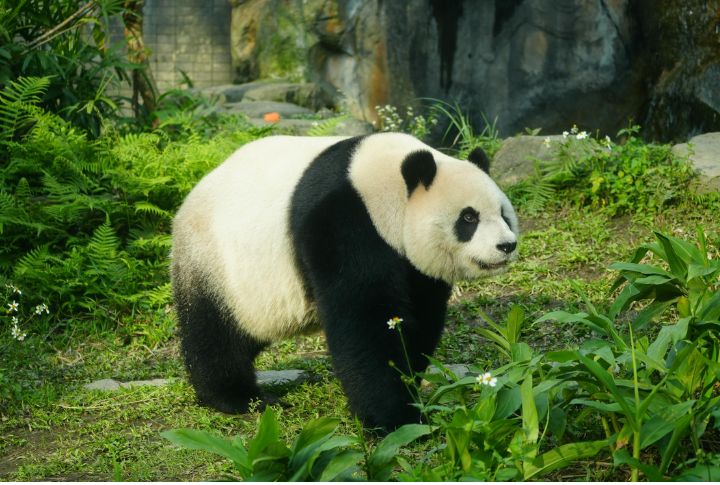
Zoos create spaces where animals become dependent on human care. Pandas and gorillas especially adapt well to controlled conditions but lack survival skills for the wild. Without zookeepers overseeing health and enclosures, the chances of these species persisting in nature would drop significantly.
Livestock
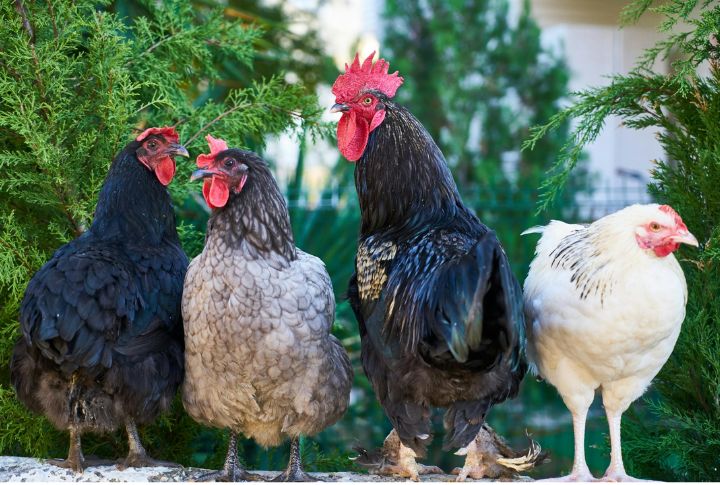
Cows, pigs, and chickens have had it pretty easy with humans around. Take away the free meals and vet visits, and things get rough fast. Generations of breeding made them dependent, so suddenly going wild would not exactly be a walk in the park.
Honeybees
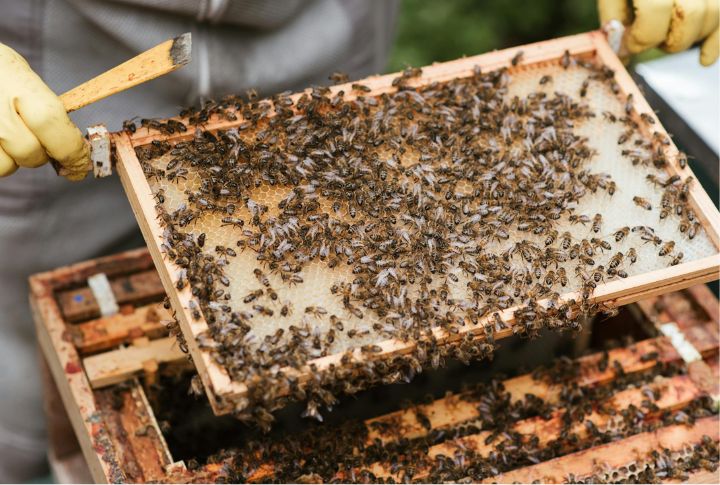
Pollinating crops plays an important role for honeybees, but their dependence on human-managed agriculture has grown over time. If humans do not plant and maintain crops, these insects will find their food sources shrinking. The colonies could eventually collapse, and that would disrupt their entire ecosystems in the process.
Farmed Fish
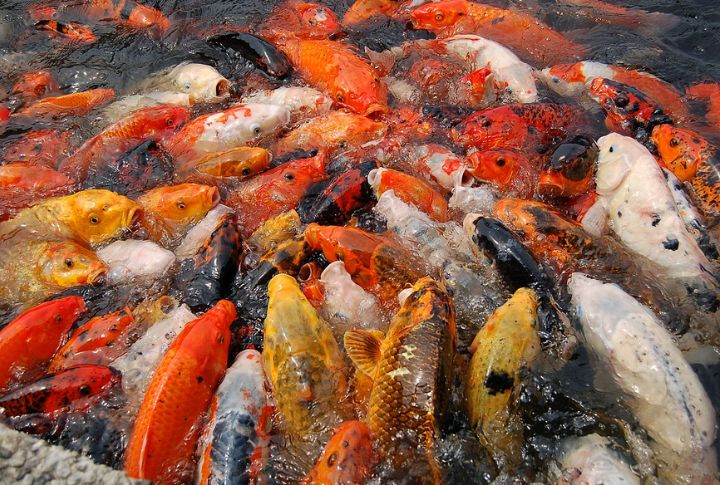
Salmon and other farmed fish develop in regulated environments where humans manage feeding and surrounding conditions. This controlled habitat shapes their ability to find food, which makes survival difficult once released. Heavy reliance on aquaculture will limit adaptation and leave these species unprepared for the challenges of natural waters.
Raccoons
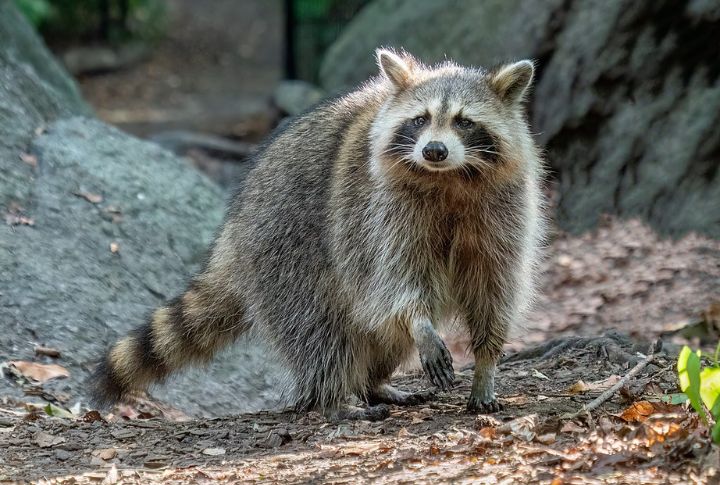
Raccoons have made city life their home, mostly because of all the free food in trash cans. Take that away, and finding meals gets tricky. Even though they’re clever, poor hunting skills can make life outside the city way tougher for them.
Exotic Pets
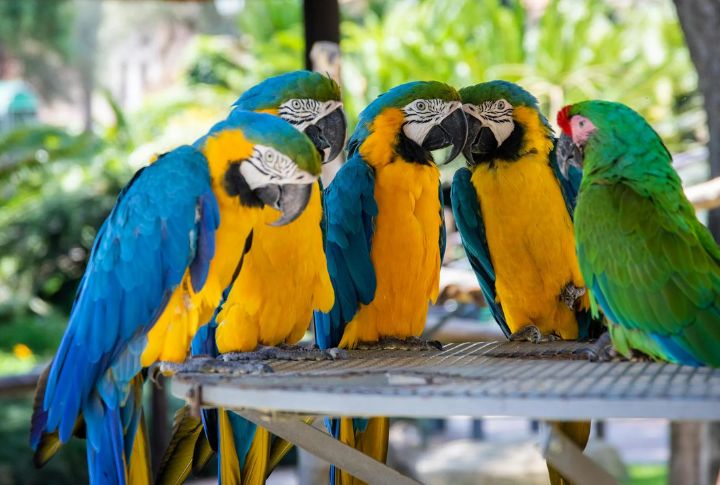
From parrots to tropical fish, many exotic pets grow up in carefully controlled environments designed to meet specific needs. Left alone, these species would struggle to find suitable habitats and face immense challenges adapting to unfamiliar surroundings and varying climates.
Koalas
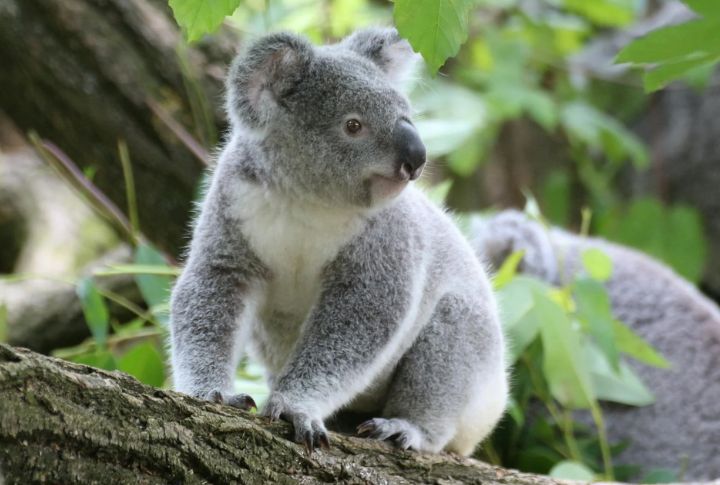
Adorable as they are, koalas depend on eucalyptus trees and the protected habitats that humans help maintain. In the absence of proper land management and forest conservation, the marsupials would face drastic challenges. Their survival would be at risk without humans growing the trees they love.
Horses
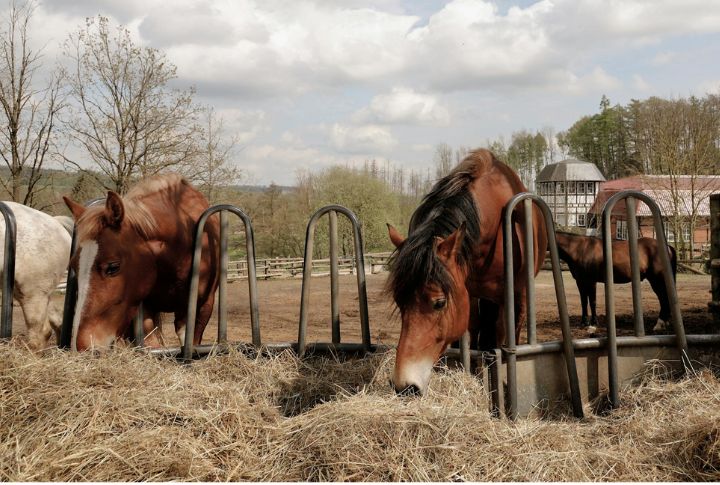
Horses have been domesticated for centuries, even though wild ancestors still exist. Most depend on human care since specific feeding habits and specialized needs make existence in the wild difficult. This is why living in a natural environment surrounded by other savage animals would put them at a significant disadvantage.

